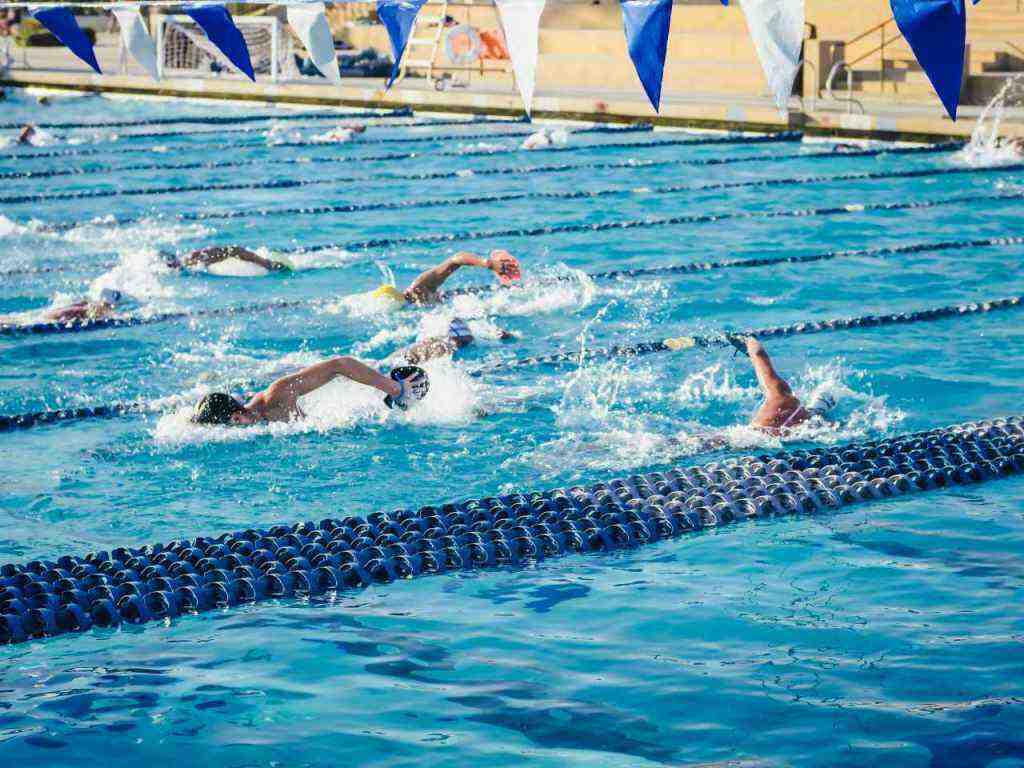Kamila Valieva Disqualified from 2022 Olympics, Clearing Way for U.S. Gold
Two Years of Turmoil Culminate in CAS Verdict
In a dramatic turn of events, Russian figure skater Kamila Valieva has been disqualified from the 2022 Olympics, nearly two years after her doping case sent shockwaves through the Beijing Winter Games. This decision, issued by the Court of Arbitration for Sport (CAS), opens the door for the United States to claim the gold medal in the team event.
Unraveling the Doping Scandal
The controversy surrounding Valieva’s participation in the Beijing Games stemmed from a positive test for a banned heart medication, trimetazidine, found in a sample collected six weeks prior to the Olympics. However, due to staffing issues at a Swedish laboratory amidst the COVID-19 pandemic, the result was not communicated until February 7, 2022, just as Valieva was captivating audiences with her breathtaking performances.
Legal Battles and Contested Rulings
The delayed revelation of the positive test plunged the Beijing Olympics into legal turmoil. A Russian sports tribunal initially cleared Valieva of any wrongdoing, citing her status as a minor. However, the World Anti-Doping Agency (WADA) and the International Skating Union (ISU) appealed this decision, seeking her disqualification from the Games and a four-year ban.
CAS Upholds Appeals, Imposes Disqualification and Ban
After careful consideration, the CAS panel tasked with adjudicating the appeals upheld the challenges brought by WADA and ISU. The court concluded that Valieva, despite being a minor at the time of the positive test, could not establish that she had not committed the doping violation intentionally. Consequently, the panel imposed a four-year ban on Valieva, effective until December 25, 2025.
Impact on Olympic Medals and Standings
The CAS verdict has far-reaching implications for the Olympic medal standings. With Valieva’s points removed from the team event results, Russia will lose its Olympic title, and the United States is poised to be declared the new champion. Japan and Canada are expected to move up to the silver and bronze medal positions, respectively.
Reactions and Statements
The U.S. Olympic body expressed anticipation for the day when its athletes can wholeheartedly celebrate their achievement as Olympic champions. The International Skating Union welcomed the ruling, indicating that it would address the consequences, including amending the results of the two Olympic competitions Valieva participated in.
Meanwhile, the Kremlin spokesman criticized the decision, labeling it as politicized. Valieva’s legal team is reviewing the CAS verdict and considering an appeal to the Swiss supreme court.
Focus on Minors in Anti-Doping Cases
The case has ignited discussions about the protection of minors in anti-doping cases. WADA emphasized the need for thorough investigations into the entourage of young athletes who test positive for banned substances. The agency stressed that those who administer performance-enhancing drugs to minors should face the full force of the world anti-doping code.
Valieva’s Post-Olympic Journey
Since the Beijing Olympics, Valieva has not competed internationally due to the ongoing ban on Russian skaters imposed by the ISU. She has participated in Russian national competitions and various TV events and ice shows. While she remains a talented skater, she has faced challenges in maintaining her pre-Olympic dominance, being defeated by younger skaters from her training group.
Closure and Moving Forward
American ice dancer Evan Bates expressed his desire for closure and the significance of receiving a team medal with his partner. He acknowledged the long wait for the decision but looked forward to putting the matter behind them.
The CAS verdict brings an end to the prolonged uncertainty surrounding the 2022 Olympic team event. It serves as a reminder of the importance of upholding fair play and the protection of clean sport, while also highlighting the complexities of dealing with doping cases involving minors.
